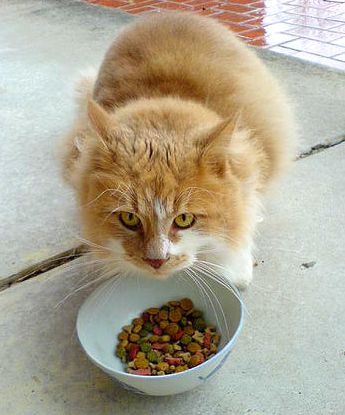Smart Cat Food Choices: Quality Over Price

When it comes to selecting food for your feline friend, skimping on price can lead to serious health implications. The cheapest cat food on the market may seem like a budget-friendly option, but it often lacks essential nutrients, potentially leading to deficiencies and unhealthy weight gain. Choosing the right formula at a reasonable price is crucial for your pet’s long-term health.
Find the Best Prices for Cat Food
Comparison shopping can save you money and ensure you get the best nutrition for your cat. Here are some strategies to consider:
- Discount Stores: Start at discount supermarkets to gauge prices across various brands.
- Bulk Stores: Don’t overlook warehouse clubs; they often offer competitive pricing for bulk purchases.
- Online Options: Many e-commerce platforms provide loyalty discounts, free shipping, and even coupons for free product samples.
Additionally, consider the type of food your cat consumes. Switching from wet food to dry food can significantly cut costs, though it may require a period of adjustment for your cat.
Understanding Cat Food Labels
Cat food labels can vary markedly between brands, and it’s essential to read them carefully. Here’s what to look for:
- High Protein Content: The first ingredient should be an animal protein source like chicken, beef, or fish.
- Healthy Fats: Look for sources such as oils, tallow, and lard.
- Avoid Carbohydrate Fillers: Cats do not require carbohydrates. Ingredients like cornmeal or barley can lead to weight gain if they comprise a majority of the food.
Opt for cat food certified as “complete and balanced” by the Association of American Feed Control Officials (AAFCO). This ensures the food meets the nutritional standards necessary for your cat’s wellbeing.
Consult Your Veterinarian
Before making significant changes to your cat’s diet, consult with your veterinarian, especially if your pet has specific health conditions or is on prescription food. They can offer guidance on suitable substitutes that maintain your cat’s health while being cost-effective.
While sharing table scraps may be tempting, it shouldn’t replace balanced cat food, as cats require specific nutrients that household food often lacks, such as taurine and essential fatty acids. If finances are tight, don’t hesitate to ask your veterinarian about local resources, charities, or food drives that may be able to assist you.
In summary, ensuring your cat’s health while managing costs is achievable through diligent shopping, careful label reading, and professional guidance. It is important for the wellbeing of your feline companion, so prioritize their nutrition without sacrificing your budget.
Image Credit: irrational_cat / via Flickr










